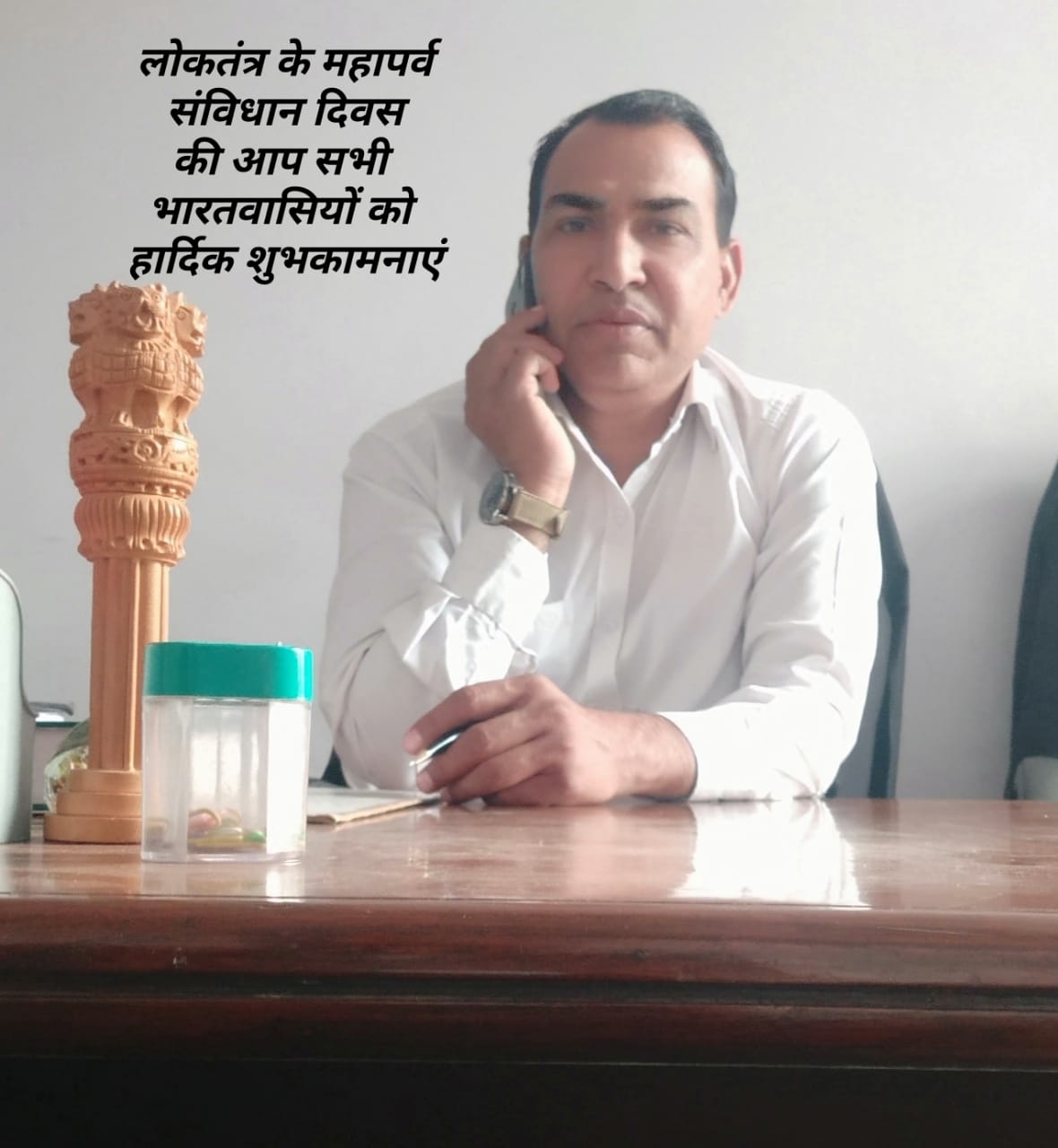Answer By law4u team
Private clinics, like all healthcare facilities, are required to adhere to certain regulations to ensure ethical practices and protect patients from fraud. These regulations aim to maintain high standards of medical care and safeguard patients from being subjected to unnecessary treatments, overbilling, or other fraudulent practices. While private clinics may not be as strictly regulated as public hospitals, they are still subject to a variety of legal and ethical oversight mechanisms that focus on fraud prevention and patient protection.
Regulations and Mechanisms for Fraud Prevention in Private Clinics:
Healthcare Regulatory Bodies:
In many countries, private clinics are regulated by national or regional healthcare regulatory bodies. For example, in India, clinics must comply with the Medical Council of India (MCI) or State Medical Councils, which set professional standards for medical practice. These bodies often conduct inspections and investigations into complaints of fraud, unethical conduct, or negligence.
Similarly, clinics in the United States are subject to regulations from the Centers for Medicare and Medicaid Services (CMS) and other federal or state agencies that oversee healthcare providers and billing practices. These bodies enforce standards to prevent fraudulent billing, overcharging, or unethical practices.
Consumer Protection Laws:
Consumer Protection Act in many countries, including India, provides patients with the legal framework to seek redress for fraudulent practices or poor medical services in private clinics. Patients can file complaints with consumer courts if they believe they have been charged unfairly or have been victims of medical fraud.
These laws also make it easier to challenge practices like misrepresentation of medical services or billing for services that were not provided.
Medical Billing and Coding Regulations:
Private clinics must follow specific medical billing codes and adhere to ethical guidelines when submitting claims for reimbursement to insurance companies. Inaccurate or fraudulent billing (such as overcharging, underbilling, or upcoding) is illegal and can lead to investigations, fines, and sanctions.
To ensure compliance, many clinics hire specialized medical coders or billing professionals to handle insurance claims and avoid errors or fraudulent submissions. Clinics may also use software tools that help detect irregularities in billing practices.
Audits and Inspections:
Some regulatory bodies conduct regular audits and inspections of private clinics to ensure compliance with healthcare laws and ethical practices. These audits may focus on patient care, medical records, billing practices, and adherence to regulations designed to prevent fraud.
If fraudulent activities or significant discrepancies are found during these audits, the clinic can face penalties, including fines, suspension of services, or revocation of licenses.
Internal Policies and Ethical Standards:
Many private clinics adopt their own internal policies to ensure ethical behavior among medical staff and prevent fraud. These policies often include guidelines for informed patient consent, transparent billing practices, and regular monitoring of medical practices.
Additionally, some clinics implement whistleblower protections to encourage employees to report fraudulent activities or unethical behavior without fear of retaliation. This ensures that any potential fraud or malpractice is identified and addressed promptly.
Medical Ethics Committees and Peer Reviews:
Many private clinics have internal medical ethics committees or engage in peer review processes to ensure that medical practices adhere to ethical standards. These committees or review processes can investigate complaints of fraud or unethical behavior, such as performing unnecessary procedures or misdiagnosing patients for financial gain.
Peer reviews provide an additional layer of oversight, ensuring that healthcare providers maintain high standards of care and do not engage in fraudulent or unethical practices.
Insurance and Liability Coverage:
To protect both patients and healthcare providers, many private clinics carry malpractice insurance and fraud liability coverage. These insurance policies often include provisions that require clinics to maintain accurate records, undergo audits, and comply with healthcare regulations. This ensures that fraud is less likely to occur and that clinics are held accountable if fraudulent activities are discovered.
Licensing Requirements:
To operate legally, private clinics and their healthcare providers must be licensed by the appropriate regulatory authorities. This licensing ensures that healthcare providers are qualified and have met the required standards for medical practice.
Fraudulent practices, such as hiring unlicensed practitioners or failing to adhere to ethical standards, can result in the clinic losing its license and being shut down.
Challenges in Regulation:
Lack of Sufficient Oversight:
In some countries, private clinics may face less frequent oversight compared to public hospitals. As a result, there may be instances where fraud goes undetected, especially if patients are unaware of their rights or do not have the resources to pursue legal action.
Underreporting of Fraud:
Many cases of fraud or malpractice go unreported, either because patients are unaware that they are being defrauded or because they do not have access to legal resources. Additionally, some fraudulent practices may not be immediately obvious, such as subtle overbilling or unnecessary procedures.
Inconsistent Enforcement of Laws:
In some regions, the enforcement of fraud prevention laws and medical regulations may be inconsistent. This can result in some private clinics operating without sufficient scrutiny, potentially engaging in unethical or fraudulent activities.
Example:
An international patient visits a private clinic in India for a dental procedure. After the treatment, the patient discovers that they were billed for additional services that were never rendered, such as x-rays and consultation fees. The patient files a complaint with the Consumer Court under the Consumer Protection Act. Following an investigation, the clinic is found guilty of fraudulent billing practices and is ordered to reimburse the patient and face penalties. The clinic's license could also be revoked if the fraudulent behavior is found to be systemic.
Conclusion:
Private clinics are regulated to prevent fraud, but the level of oversight and enforcement can vary depending on the country and specific regulations in place. Legal frameworks such as consumer protection laws, medical ethics guidelines, audits, and insurance requirements all play a role in reducing fraudulent practices. However, challenges such as inconsistent enforcement, lack of patient awareness, and underreporting of fraud still exist. It is essential for patients to be informed and vigilant to ensure that their rights are protected in private healthcare settings.







